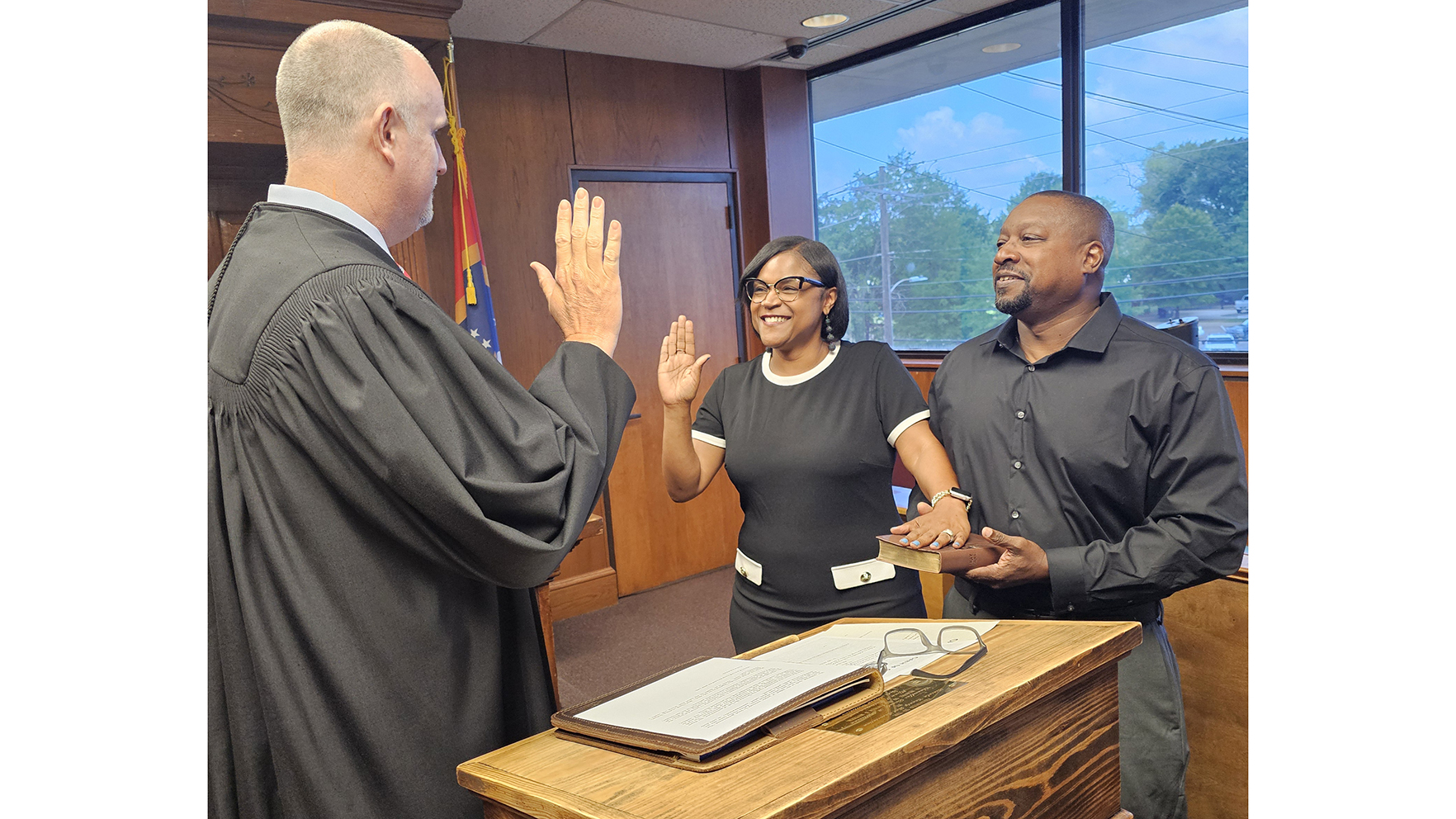Sen. Sally Doty’s bill targets revenge porn and “sextortion”
Published 10:18 am Friday, February 3, 2017
A bill written by Sen. Sally Doty that targets “sextortion” and “revenge porn” remains alive in the Senate.
“This bill (SB 2907) provides a civil cause of action, injunctive relief or criminal penalties for sharing intimate pictures or video online without consent,” said Doty, R-Brookhaven.
Sextortion is defined as blackmail in which sexual information or images are used to extort sexual favors and/or money from the victim.
“For example, a blackmailer might assume the identity of an attractive man or woman online, then after gaining the victim’s trust, will record footage of the victim in the nude or performing a sexual act,” Doty explained. “The blackmailer threatens to circulate this footage to the victim’s friends or post it online unless a certain amount of money is paid or other sexual images produced.”
Revenge porn involves intimate photos or videos taken or shared with consent with the expectation of privacy. “Then they are posted online or shared publicly,” she said. “The increases in technology require that our laws keep up with these types of issues. The public release of intimate photographs can have such a devastating effects and my goal with this bill is to punish offenders and prevent these instances from happening in the first place.”
Other bills Doty wrote that are still alive protect vulnerable individuals from being exploited financially and changes a few of the licensing requirements for manicurists and estheticians, while increasing the training hours for instructor licenses.
SB 2911 gives financial advisors the power to stall a monetary exchange if it would exploit a vulnerable adult. “Under the Mississippi Securities Act, a broker dealer or investment advisor who believes that a financial disbursement would result in exploitation of a vulnerable adult may delay the disbursement for up to 15 days with no civil liability,” she said.
She authored SB 2817 for a friend in the cosmetology field. “I offered to draft this legislation for the (state) Board of Cosmetology since I’m on the public health committee,” she said. “This bill increases the training hours for instructor licenses and also changes a few of the licensing requirements for manicurists and estheticians. All of these changes were recommendations made to the Board by the Cosmetology Council which has members from all different fields of cosmetology.”
Several of Doty’s bills died in committee.
SB 2697 would have given women pay equal to their male counterparts. “Mississippi is one of only two states in the nation with no state level equal pay laws,” she said. “I was encouraged by the support of our (state) treasurer, Lynn Fitch, but knew that this bill had little chance of survival.”
SB 2702 would have made separation a grounds for divorce. It died in committee. “But a similar bill was filed by the Chairman of Judiciary A, and we did pass his bill out of committee,” she said. “If a couple has been separated for two years, I believe the chance of reconciliation is slim to none. Instead, in these instances, one spouse is generally holding the other hostage over the financial settlement or custody issues with children.”
Doty said legislators amended the chairman’s bill in committee to only allow separation as grounds for divorce if there are no minor children in the home.
“I also have a bill to add domestic violence as a grounds for divorce and that bill is alive,” Doty said. “We had a good discussion in committee when the bill was passed but are still fine-tuning the language. I will most likely handle this bill on the floor and get the language hammered out in an amendment.”
Doty’s SB 2760 died this time around, but she doesn’t plan to give up on it.
“Automobile fatalities and injuries are increasing in Mississippi and distracted driving is the cause,” she said. “ I worked extensively on the first texting ban that was signed into law, but it was a hard fought battle. We knowingly used weaker language in order to get enough votes to get the original ban passed, and as a result, enforcement of the existing law is difficult for law enforcement officers.
“While my bill to stop the use of all handheld devices while driving is dead for this year, I hope to add language to a House bill or conference report that will fix some of the jurisdictional issues brought to us by law enforcement.”





